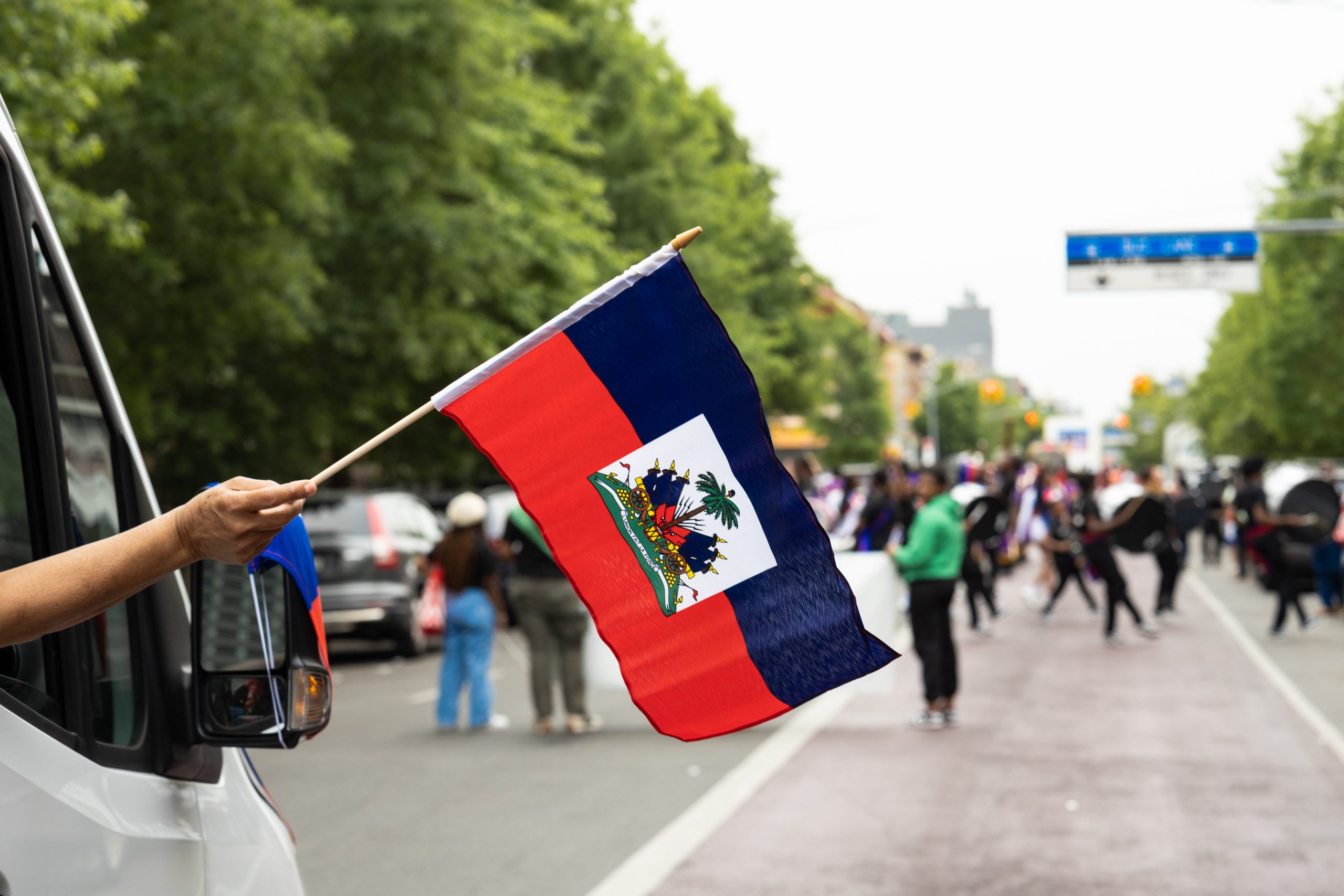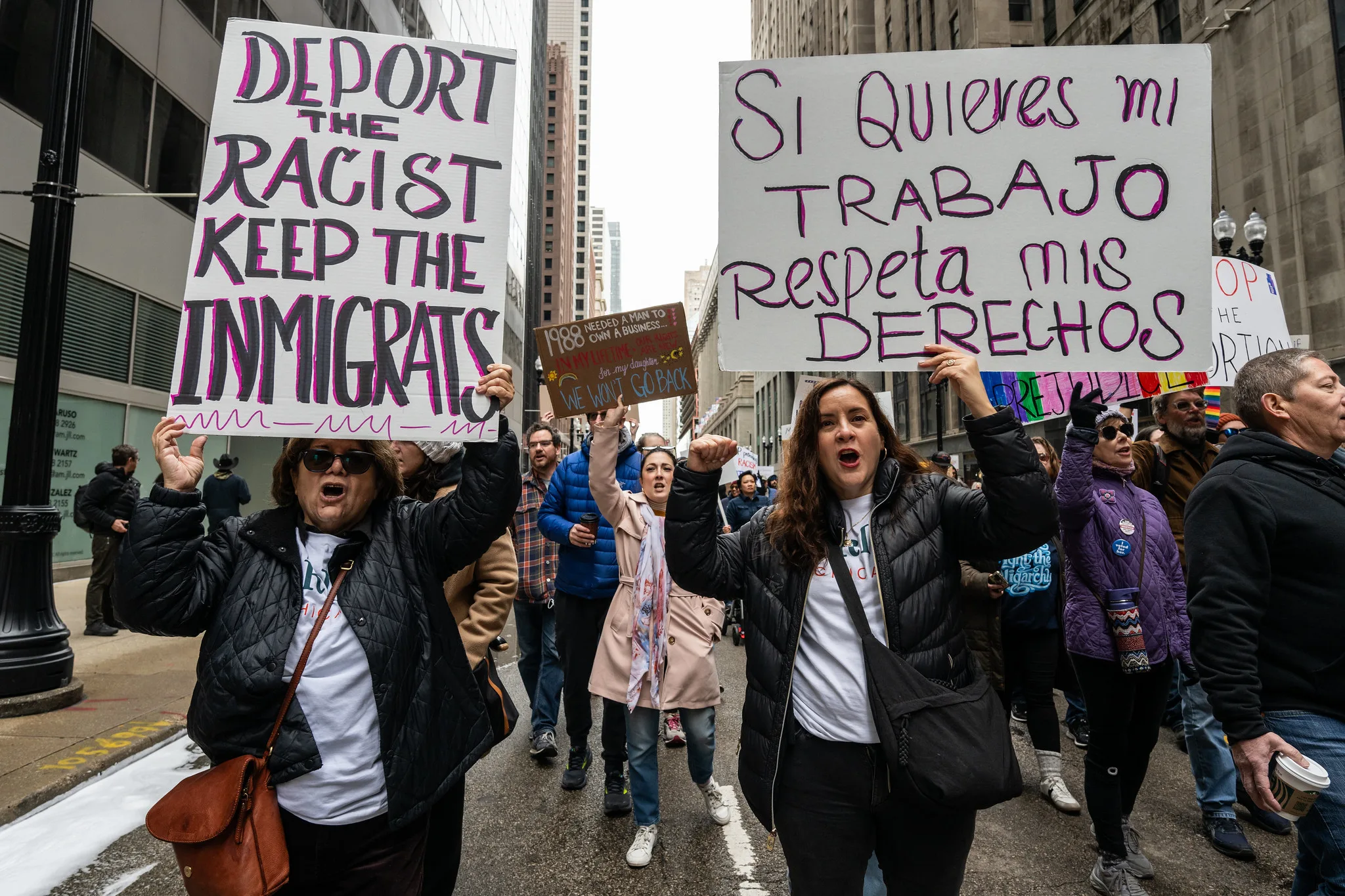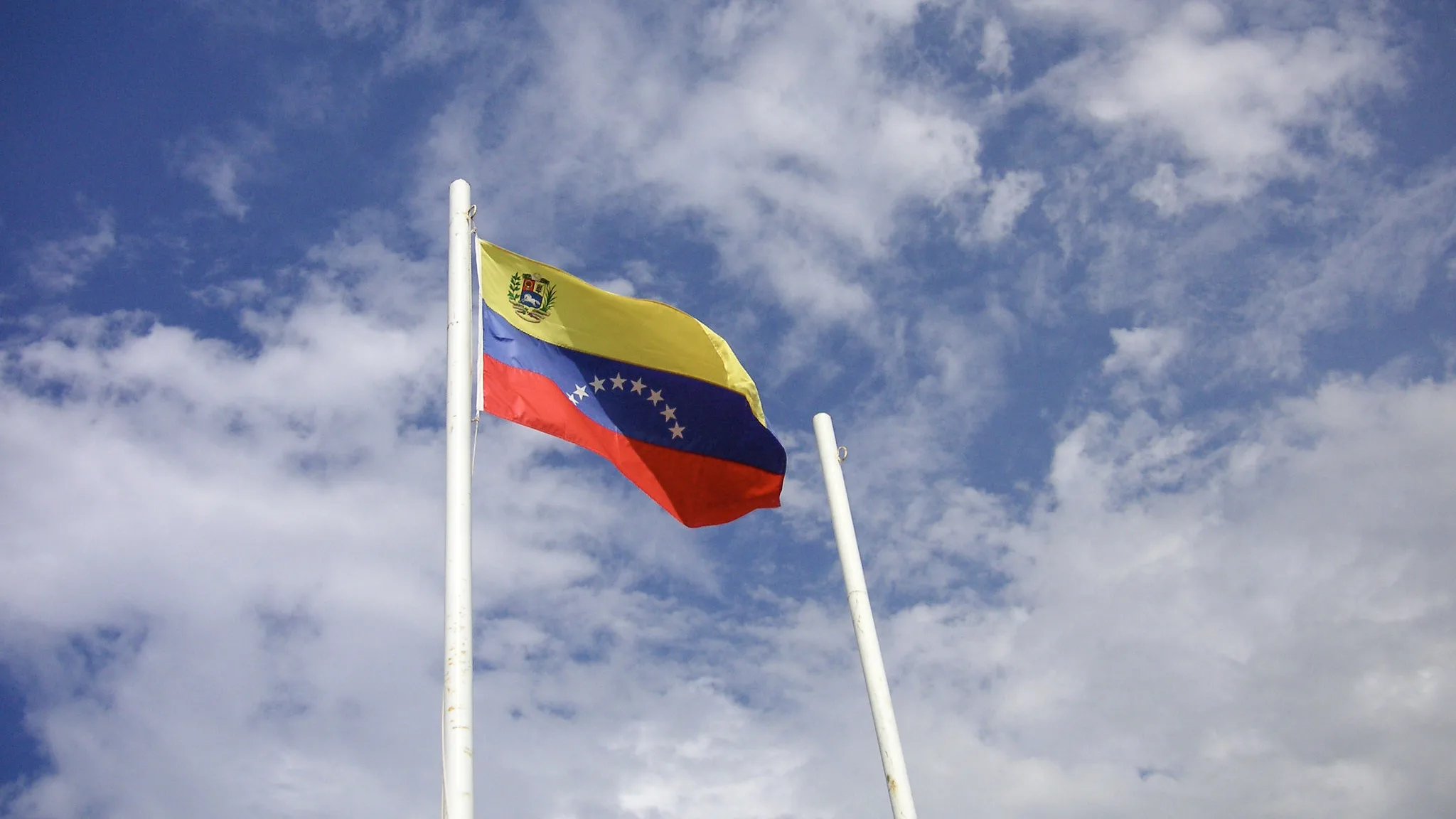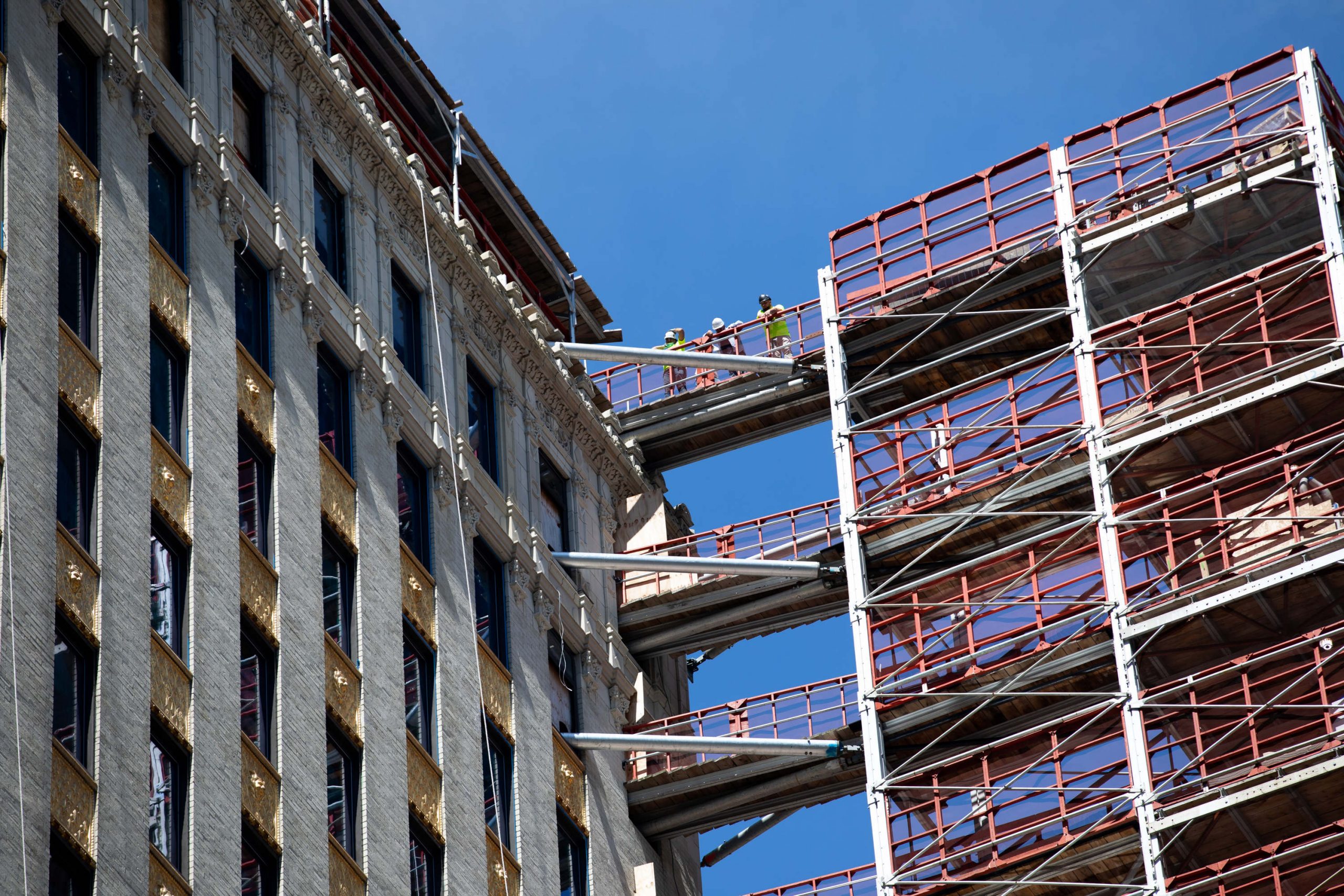On a cold winter evening in Kensington, nine Bangladeshi women gathered in a cozy basement for their weekly English and Kantha embroidery classes. A kettle of warm chai, a plate of biscuits and a basket of colorful threads rested on the painted center table. The women sat shoulder to shoulder on wooden stools, leaning in to examine each other’s embroidery hoops and laughing as they talked about their day. In a small, adjacent room, a volunteer from their community took care of their young children.
“Did you spend a few minutes looking at yourself in the mirror, ladies?” asked Farida Roho, 52, their English instructor and a fellow member of the Bangladeshi Ladies Club, which hosts the gathering. “Did you take care of yourself? Not just your husbands and family?”
Also Read: Mothers Help Each Other Through Stories of Migration and Sewing
Some of the women looked at each other and gave a dry laugh, while others nodded back at their teacher, eager to show that they had paid attention in previous classes organized by the club, which was founded five years ago by a group of women in Kensington, Brooklyn’s “Little Bangladesh” community. The club provides weekly lessons on English and Kantha embroidery, a stitching method from Southeast Asia.
But Roho’s question belies a deeper issue her group and others face: how to convince Bangladeshi women to seek help if they’re suffering domestic abuse — a widespread problem in the growing community.
Though not officially a domestic violence support group, it is one of the few spaces where women work up the trust to discuss domestic violence. In a community where women tend to be isolated, speaking openly about abuse is taboo, Roho said.
“It’s like an open secret. It happens a lot. Like, I know you are a [domestic violence] victim, but you didn’t tell me anything, so I cannot help you. Families are dying from inside,” Roho said.
It takes lots of incentives to encourage husbands to allow the women to attend the weekly meetings, said Annie Ferdous, 62, who founded the club and hosts the meetings in her Kensington basement. That’s why they offer English language lessons, along with childcare and stitching.
“Women don’t go out as much. It can get lonely,” Ferdous said. “Especially if they or their husbands are undocumented or don’t know English, out of fear, the women stay at home.”
Hafiza Hussain, secretary of the club, said that’s why the group also runs events such as an annual pitha-making contest, a traditional Bangladeshi sweet, where the winner receives a small prize.
“If we give a flier saying it is a seminar on domestic violence, no one will come. So there is a pitha contest first, then a segment on DV [domestic violence],” Hussain said.
If the club were to just offer a domestic violence discussion, she said, it would likely be an empty meeting. This way, after the pitha event, they can offer counsel to participants on what to do in situations of domestic violence and which organizations to reach out to for legal or financial aid, or options for shelter.
“If husbands learn their wife is going to this, they are going to complain,” Hussain said. “What if another man sees his wife there?”
Hurdles to seeking support
The full scale of the abuse can be hard to assess.
According to the latest report on domestic violence released by the Mayor’s Office to End Domestic and Gender-Based Violence, more than 214,000 domestic violence incidents involving intimate partners were reported to the NYPD in 2020 and 2021. Of those, 5.3% involved a victim who identified as Asian American or Pacific Islander, within which the Bangladeshi community falls.
The same report also noted that Asian American and Pacific Islander residents were 3.1 times less likely than other New Yorkers to report intimate partner violence to authorities.
Also Read: Chinese Truck Drivers Face Extra Barriers Finding Mental Health Care
But in the NYPD’s 66th Precinct — which covers Kensington — roughly one quarter of the 200 domestic violence emergency calls that come in each month are from the Bangladeshi community, according to Priscilla Poggi, the precinct’s Crime Victim Assistance Program representative.
Poggi takes calls, walk-ins and responds to reports from domestic violence survivors who seek help at the 66th Precinct as part of a collaboration between the NYPD and the victim advocacy nonprofit Safe Horizon. But Poggi doesn’t speak Bangla or Bengali, the official languages of Bangladesh. She said there aren’t any staffers designated to handle incoming domestic violence calls at the precinct who do either.
While there are other staff at the precinct who speak Bangla, they are not always available to field intakes or calls, Poggi said.
“There is a gap between the police and the community.” Poggi said. “Even if they report the crime, there are often language barriers, and we rely on a computer translator, which is not always accurate.”
In situations of emergency, the victims are placed in a domestic violence shelter, Poggi said. There are immediate options for women with families, but for single women, aid is limited.
“Single women can only be allotted beds in domestic violence shelters shared with about 100 more women. Beds can go very quickly. If I refresh the screen, the bed availability changes,” said Poggi. “If no bed is available, she might have to wait and stay in that situation.”
From the first step of getting a court order of protection and enrolling in the shelter system to being able to secure permanent housing, it can take up to a year or more, she added.
The NYPD’s press office and Safe Horizon officials did not respond to requests for comment
‘No one will hold your hand’
Having left behind their country and extended family, many Bangladeshi women who are victims of domestic violence believe that staying with their abuser is their only option. Bilqees Kashif, SNAP Case Manager at the Council of People’s Organization, a nonprofit organization in Brooklyn that serves the South Asian community, noted that women often don’t seek assistance out of fear of being “badnaam” or tarnished in reputation for doing so. Such a label carries with it the threat of social ostracization, similar to what many women in other cultural contexts have to grapple with. They could be shunned by the community, uninvited to social events, and subjected to damaging rumors about their character.
“Even now, 90% people in the community think that if a family breaks apart, it’s the woman’s fault,” Kashif said. “Even — or especially — in situations of domestic violence.”
Also Read: U Visa: Eligibility for Adjusted Immigrant Status By Witnessing a Crime
A mental health counselor in Kensington, who asked that her name not be used in order to share her story, said she gets between six to 10 South Asian clients who face domestic violence every month, many of whom are Bangladeshi women from the area.
The counselor said she can relate to the patients not only professionally, but also personally. Originally from Pakistan and a resident of Midwood, she is a survivor of domestic violence herself.
“I had my five siblings, their partners, and my parents, and my spouse beat me in front of them. That’s when I walked out,” she said. “It’s hard. No one will hold your hand; you will have to help yourself.”
Also Read: Where New York Immigrants Can Get Support After Sexual Assault and Harassment
The counselor said that when she made the decision to leave her abusive spouse four years ago, she waited until she had $1,200 saved up before walking out of her marriage — the amount for one month’s rent — because she knew that her family would not financially help her. Without her family’s support, she raised her then-4-year-old special needs child on her own while earning enough to support herself.
“Many just stay stuck in that situation because of the finances. They don’t know they can get child support and alimony,” she said.
Fear of deportation
Immigration status can play a major role in domestic violence, experts say.
“Abusers tell their victims, if you go outside, ICE [Immigration and Customs Enforcement] will come after you and deport you — but nothing will happen to me,” said Sarah Khan, an immigration attorney who works at My Sister’s Place, a Westchester-based group that serves domestic violence and human trafficking victims. “These fear tactics stop victims from leaving their abusers.”
Khan said that shame is also used as a tactic, particularly in South Asian domestic violence cases. She said abusers will say things such as, “What will your family say? They would be so ashamed of you.”
There are options for victims of abuse who are not citizens but have been granted protection from deportation, Khan explained. But often, abuse survivors or those they turn to for help don’t know about these alternatives, she said.
Other supports spring up
In the two years since its founding, Asiyah Women’s Center has attracted attention and praise as one of the first shelters in New York City to offer emergency services for the Arab, Middle Eastern, Muslim and South Asian populations, as well as other communities of color. What makes them different from many other shelters is that they have staff that come from Muslim backgrounds, speak Bangla among other languages, and offer culturally appropriate services like Halal food, modest clothing to change into, and prayer spaces, organizers say.
“The national average is that it takes two to three times for someone to fully leave an abusive relationship,” said Arianna El Haloui, programs manager of the small three-member team that runs the Asiyah Women’s Shelter. “Unfortunately, there are no statistics available on the topic, but in Muslim communities and communities of color, we are predicting that it’s eight to nine times. The number of victims is also thrice the average.”
Also Read: Domestic Violence Resource List
El Haloui thinks it might be hard for outsiders to understand the cultural and systematic hurdles the victims face. Abuse by in-laws, English as a second language, and forced marriage are considerations their center needs to account for with South Asian and Bangladeshi clients.
The center serves 10 to 12 residential and 10 to 12 non-residential clients at a time. The seats are limited and short-term. El Haloui said that they often have a long waitlist since the number of women in need is always greater than what they can accommodate. The center’s partners then take up the client cases to find them permanent housing. For single women, there are even more limited options. The journey to getting legal justice and permanent housing can be long and tough.
“A lot of these systems are made for survivors to fail in, unfortunately, especially for immigrants and people of color.” El Haloui said. “We need better systems.”














